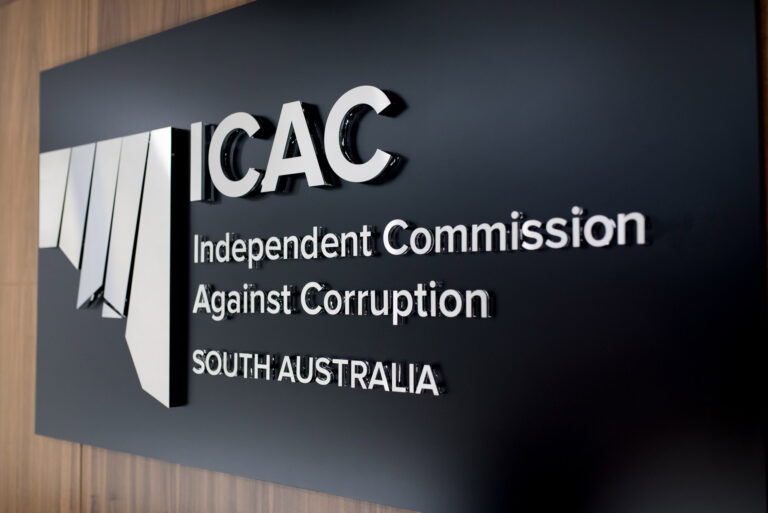Business owners are taking advantage of government policies designed to benefit Aboriginals by pretending to be Indigenous, a new report has warned.
The South Australia Independent Commission Against Corruption published the findings of a 17-month investigation into public sector procurement on June 4, and made two recommendations in regards to a practice called ‘black-cladding’ – defined as taking unfair advantage of Indigenous businesses or individuals to gain contracts.
The survey of public officers and suppliers involved in public procurement – which costs the state government $11 billion a year for goods, services and construction works – found that the sector is vulnerable to corruption, and heard allegations of non-Indigenous businesses exploiting the government’s Aboriginal Economic Participation Strategy.
That program is set up to benefit Indigenous businesses (including those 50% or more owned by an Aboriginal resident of the state) and joint ventures by allowing them onto the South Australian Aboriginal Business Register, where government agencies can procure directly from them for goods and services up to the value of $220,000.
For tenders above that amount, industry participation weighting is adjusted so Aboriginal businesses are more likely to win contracts.
“The project team received submissions that alleged that some suppliers misrepresent their Aboriginal identity to obtain an advantage in a procurement,” the report stated.
“It was also alleged that once a joint venture bid is successful, work is not allocated to the Aboriginal business.”
The report’s two black-cladding related recommendations were to verify the status of suppliers claiming Aboriginal identity, and to “conduct random audits of contracts that are required to have a mandated proportion of labour force hours to be performed by nominated groups”.
The report comes after Noticer News revealed that Aboriginal criminals in Western Australia were getting their fines cleared by taxpayer-funded court employees who specialise in assisting indigenous people, while no such services exist for non-Indigenous people.
A single Senior Aboriginal Liaison Officer at the Perth Magistrates Court helped Aboriginals get out of $1,016,073.86 worth of fines between March and December 2023 alone, internal documents showed.





















